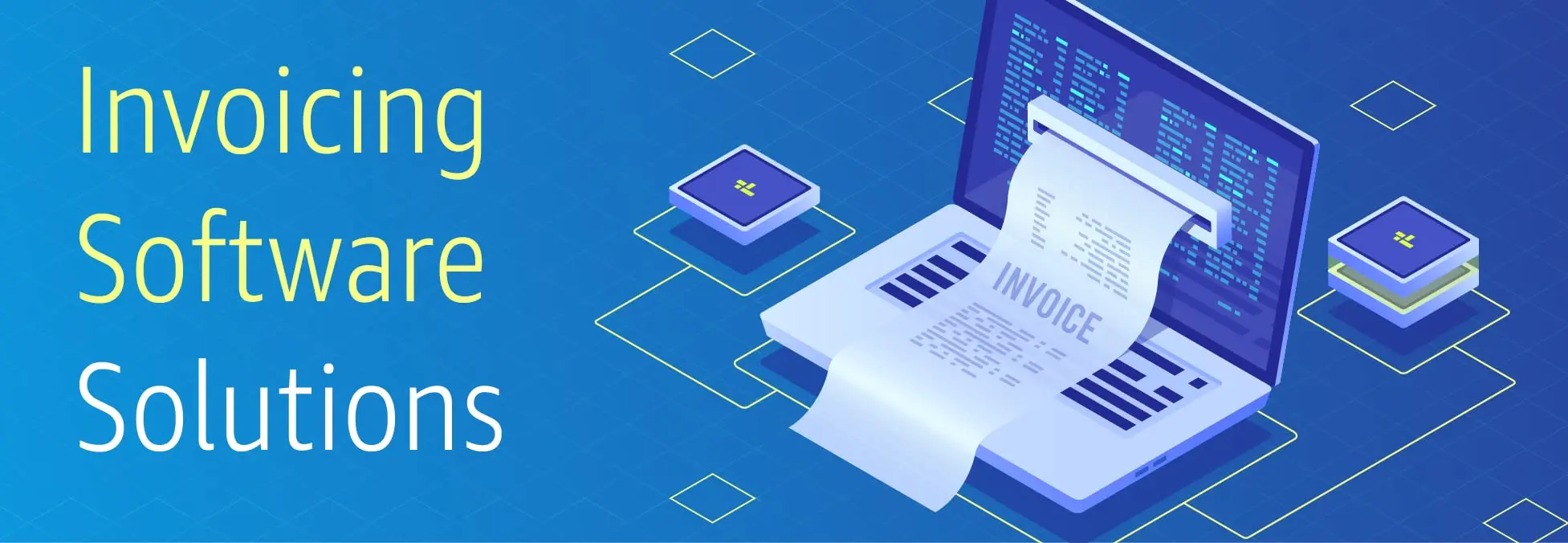One of the primary benefits of invoicing software is automation. Rather than creating invoices manually for each transaction, invoicing software allows users to set up recurring invoices for regular clients or subscription-based services. This automation not only saves time but also reduces the risk of errors and ensures that invoices are sent out promptly and consistently.
Moreover, invoicing software often integrates seamlessly with accounting systems, enabling businesses to track payments, monitor cash flow, and reconcile accounts more efficiently. By centralizing financial data and automating repetitive tasks, small business owners can spend less time on administrative work and more time on strategic activities that drive growth and profitability.
Another advantage of invoicing software is its ability to facilitate online payments. With the rise of digital commerce, many customers prefer the convenience of paying invoices electronically via credit card, bank transfer, or online payment platforms. Invoicing software enables businesses to offer multiple payment options to their clients, speeding up the payment process and reducing the time and effort spent on chasing overdue invoices.
Additionally, invoicing software often includes features for tracking billable hours, managing expenses, and generating financial reports. This comprehensive functionality provides small business owners with a holistic view of their operations and finances, allowing them to make more informed decisions about resource allocation, pricing strategies, and business development initiatives.
Furthermore, many invoicing software solutions offer mobile apps or cloud-based platforms, allowing users to access their invoicing data anytime, anywhere. This flexibility is especially valuable for small business owners who are constantly on the go or who operate remotely. With real-time access to invoicing information, entrepreneurs can stay informed and responsive, whether they're meeting with clients, attending networking events, or traveling for business.
Despite the numerous benefits of invoicing software, some small business owners may hesitate to adopt these tools due to concerns about cost or complexity. However, many invoicing software solutions are affordable and user-friendly, with pricing plans tailored to the needs and budget of small businesses. Moreover, the time and resources saved through automation and efficiency gains often far outweigh the initial investment.
In conclusion, invoicing software offers small business owners a powerful tool for streamlining operations, improving efficiency, and boosting productivity. By automating invoicing processes, integrating with accounting systems, facilitating online payments, and providing comprehensive financial insights, these tools empower entrepreneurs to focus on growing their businesses and serving their customers more effectively.

